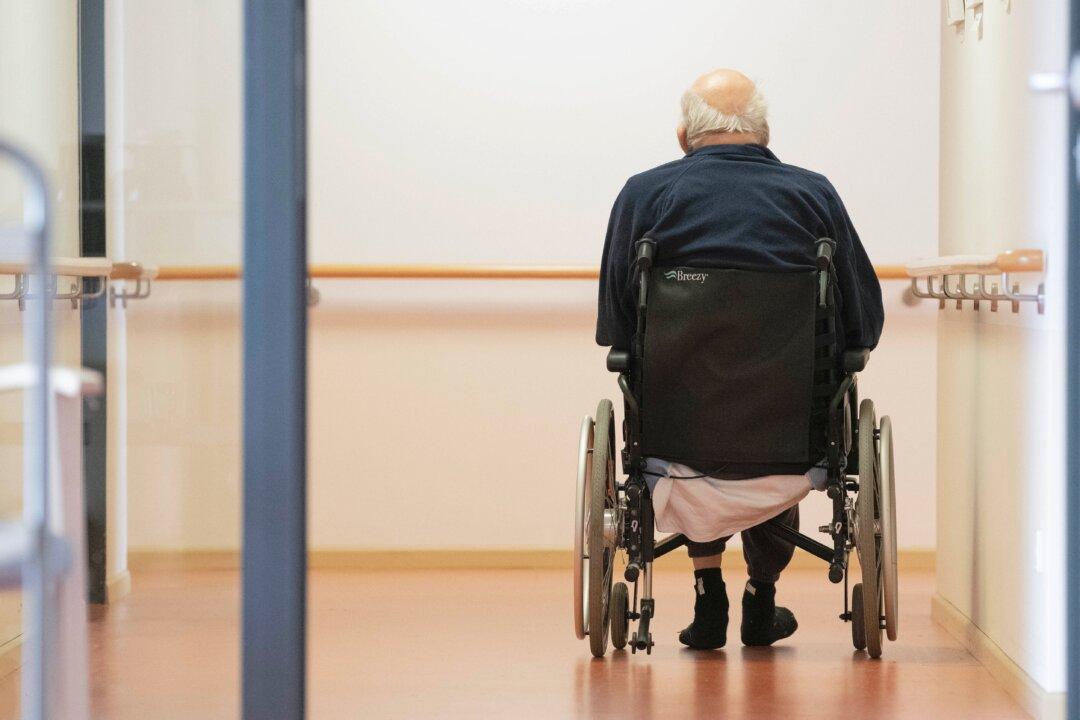Two bills aimed at stopping the discrimination of individuals based on their vaccination status have been tabled in the Australian Senate, a move the Education and Employment Legislation Committee is pushing against.
The COVID-19 Vaccination Status Bill 2022 (Prevention of Discrimination Bill), proposed by One Nation Leader Pauline Hanson, is identical to her Prevention of Discrimination Bill that lapsed in 2021.




